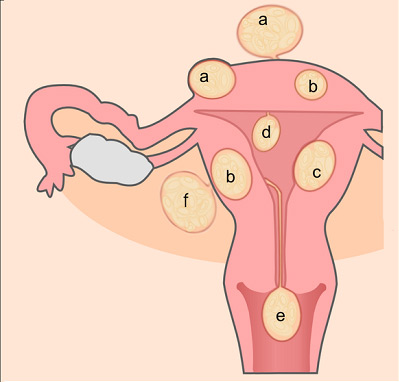If you’re pregnant or are planning to be, you probably already know that your body will go through a lot of changes when you conceive. What you probably don’t expect is an increase in vaginal discharge and odor.
This can be terrifying, especially when you suddenly leak at all times of the day and notice that strange smells are wafting from your genital area.
It’s important to note that certain odors and discharges are normal during pregnancy. However, depending on their scent, texture, and amount, these can also be signs of health problems that require immediate medical attention.
Normal Vaginal Odor and Discharge
If your vaginal discharge is thin and white and has a mild smell with a milky consistency, you have nothing to worry about. This type of discharge is called leukorrhea, and it’s an normal occurrence among pregnant women.
Leukorrhea is composed of old vaginal cells, healthy bacterial flora that thrives in the vagina, and secretions from the vagina as well as the cervix.
This has always been around even before you were pregnant, but it becomes more noticeable during pregnancy since the body produces more leukorrhea in response to the hormonal fluctuations that pregnancy brings.
The increased blood flow to the vaginal area also contributes to the increased amount of vaginal discharges.
Leukorrhea can be considered as one of your body’s strategies to protect your baby. During pregnancy, there’s always the risk that harmful bacteria can enter the vagina, travel up to the uterus, and cause an infection that can harm the baby.
Vaginal discharges can help flush out these microorganisms and prevent them from reaching the womb and putting the baby at risk.
These discharges increase in amount as the pregnancy progresses. During the last week of your pregnancy, you might notice that your discharges include thick streaks of mucus and even blood. This is normal since it’s a sign that your body is preparing for birth.
The mucus and blood that you’ll notice among your discharges in the last week of pregnancy is part of the mucus plug. The plug is formed in your cervix during the first few weeks of pregnancy as a way to create a barrier between your baby and the outside world.
As you near labor, the cervix relaxes and becomes thinner, and it lets go of the mucus plug, which can either mix with leukorrhea or is expelled in one big blob.
When to Call Your Doctor
Having leukorrhea is normal, but you shouldn’t be complacent. If you experience a lot of vaginal discharge, you might not be able to determine if it’s simply leukorrhea or if you’re already leaking amniotic fluid (which is a sign of preterm labor). If you’re not certain, it’s best to call your midwife or doctor.
As mentioned above, leukorrhea is thin, white, and milky and has a mild, non-offensive smell. If your discharges don’t match this description, or if they used to but have changed in the recent days, you’ll need to contact your health provider right away.
Here are some of the changes you should watch out for:
Your discharges match the description of leukorrhea, but they’re accompanied by vaginal itching and burning, painful urination, and painful intercourse. These are the signs of a yeast infection.
If you have an untreated yeast infection and your baby is born through vaginal delivery, he can be at risk of developing oral thrush. Thankfully, yeast infections can be easily treated with topical or oral antifungal medication.
Your discharges are white or gray and have a thin consistency, and they have a foul odor that becomes worse after you have sex. These can indicate that you have bacterial vaginosis, which is dangerous since it can lead to preterm labor and cause your baby to have low birth weight.
If you’re diagnosed with bacterial vaginosis, your doctor will most likely prescribe oral antibiotics like metronidazole.
Your discharges are yellow or green with a frothy consistency and a foul odor, which may or may not be accompanied with vaginal itching, redness, and irritation as well as painful urination and intercourse.
These are signs that you might have trichomoniasis or any other sexually transmitted infection. If you do have an STI, you’ll need to receive treatment ASAP to prevent the virus or bacteria from harming the baby.
Managing Vaginal Odor and Discharge
If your doctor determines that you have a vaginal infection or an STI, you’ll need to follow the prescribed treatment regimen down to the last letter. This way, your infection will clear up right away, and you’ll ensure that your baby will stay healthy throughout the rest of your pregnancy.
Whether you have plain leukorrhea or infection-induced discharges, you can take the following steps to minimize your discomfort:
- Wear cotton underwear that has a comfortable fit and allow air to circulate.
- Avoid underwear and clothes that are too tight.
- Wear panty liners, which will help absorb the discharges and help you stay fresh.
- Stay away from scented pads, soaps, and toilet paper, bubble baths, feminine hygiene sprays, and vaginal douching products. They can further irritate your vagina and even contribute to infections.
Final Thoughts
Vaginal discharges with mild odor are normal during pregnancy. But, if you notice any changes in its amount, smell, color, and consistency, it’s best to contact your midwife or doctor right away.



